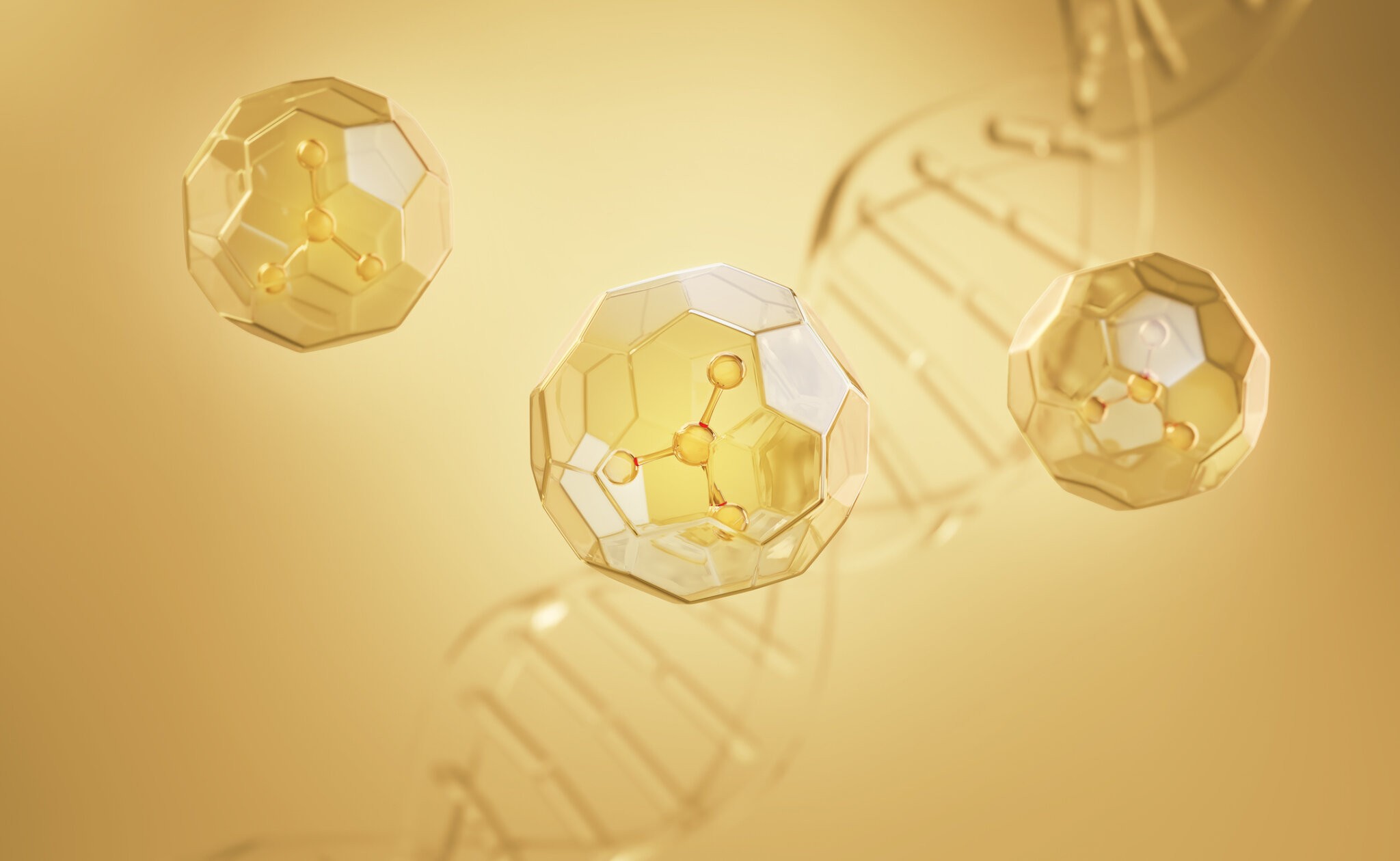Understanding Peptides: New Medicine for Longevity

Peptide therapy is quickly becoming a must-have therapy for men and women of all ages and lifestyles. Peptides are naturally occurring amino acids that help to correct hormone imbalances, increase energy, improve cognition and mental focus, prevent/delay/reverse dementia, enhance sex drive, improve bone density, skin elasticity, muscle tone and stamina, lower body fat and cholesterol levels, decrease wrinkles, reduce inflammation, decrease joint and muscle pain, balance blood sugar and insulin, repair tissues, reverse aging, improve symptoms of anxiety, insomnia and depression, and so much more.
Peptides are molecules that are a combination of two or more amino acids (amino acids are the building blocks of our human body) joined together by a peptide bond. Peptides over 100 amino acid sequences are considered proteins. Peptides reside in every cell of the body — they are signaling molecules, hormones, enzymes, parts of receptors and basically any messaging part of a cell. Peptides have been utilized in medicine since the beginning of the 1920s.
The first commercially available peptide in the United States was insulin. Presently 7,000 peptides have been identified in the human body, and numerous peptides are involved in therapeutic treatments and are being explored in clinical trials. Most humans begin to cease making sufficient signaling peptides by around age 30. As we age, the cells of our brain and body slow down, they stop replicating, growing, proliferating — why? Because the peptides that signal this proliferation cycle begin to slow down and either lose their efficiency or they begin making signaling mistakes, impacting all cellular function.
One of the most popular peptides being used around the world today is BPC157 or Body Protecting Compound 157. BPC157 is a naturally occurring peptide made of 15 amino acids derived from human gastric juices. This peptide is considered a master peptide due to its reported ability to heal multiple body systems. It is commonly used to accelerate healing in tendons, joints, traumatic sport injuries, gastrointestinal tract issues, including stomach ulcers, improve burn healing rate and reduce inflammation.
In the next few years, we will be hearing a great deal more about the benefits of peptides for health and anti-aging. Ongoing clinical trials and further research will continue to reveal the benefits of various peptides. It is important to consult with your integrative medicine specialist who is also certified in peptide therapy before you begin treatment. And remember, stay active in your healthy aging journey.
Dr. Magdalena Swierczewski, M.D. is board-certified in internal medicine, anti-aging medicine and specializes in anti-aging and integrative functional medicine.
Dr. Peter Michalos, M.D. is a clinical associate professor at Columbia University College of Physicians and Surgeons and chairman of the Hamptons Health Society.









